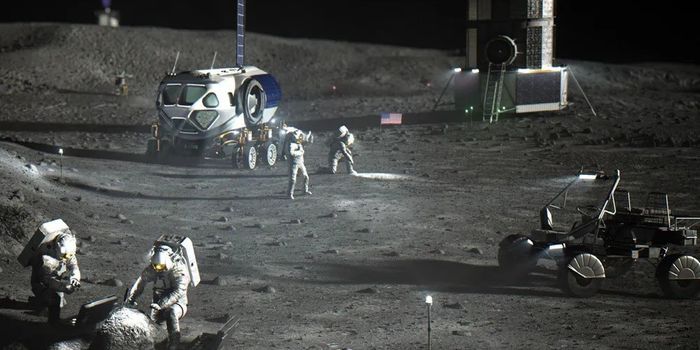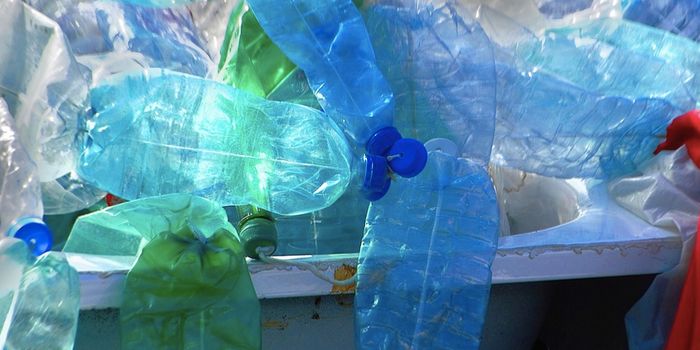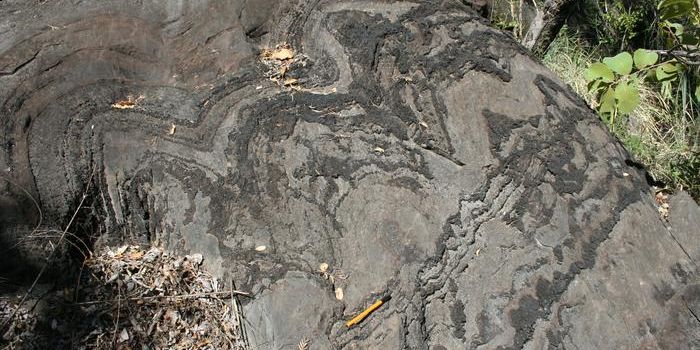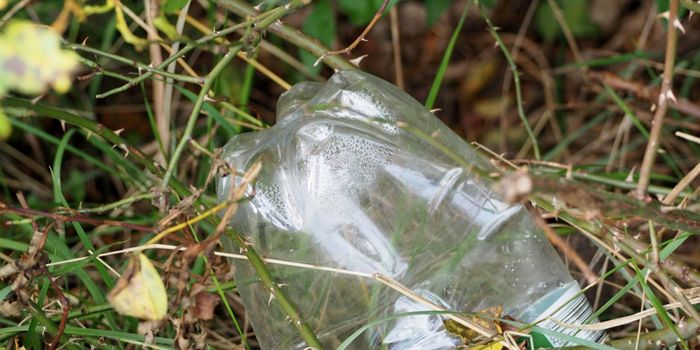Fracking Pollution Finally Proven to Cause Early Deaths
Fracking has long been a contentious issue in the public sphere. Detractors have long argued that we should leave the fossil fuels where they are, not only for climate change mitigation but also for human health concerns. Many states have banned fracking over concerns for water quality and safety, but fracking has become very popular in many states. And though doctors and residents near fracking locations have complained of additional pollution stressors from fracking operations, a new study has finally scientifically confirmed their suspicions.
Scientists at Harvard linked air pollution from oil and gas fracking to the health decline of senior citizens on medicare in Pennsylvania. People that lived close to or downwind of fracking wells had a higher risk of early death. They studied more than 15 million Medicare beneficiaries between 2001 and 2015, accounting for many other factors, and proximity to wells accounted for a 2.5% higher mortality risk. There have been previous studies linking oil and gas operations to premature births, low birth weights, higher risks of hospitalization, headaches, and upper respiratory infections. Studies are also underway to connect childhood cancers to living near these operations. But studies take a long time, and it is important to get replicated studies that cannot be ignored by policymakers.
Air quality is notoriously difficult to study because contaminants are hard to identify and measure blowing in the wind. Confirming causal links is difficult without knowing exactly what is contained in the pollution at all times. Most air pollution monitoring stations are located in urban areas, near large amounts of people in congested streets, not near rural gas wells.
People linked to the petroleum industry claim that air quality has improved due to fracking, because natural gas is cleaner than coal, and any negatives are outweighed by the improvement over coal. However, renewable energy sources would be even cleaner than fracking gas and prevent the additional risk of polluting drinking water, contaminating soils, or adding carbon to the atmosphere.
Sources: Inside Climate News, Nature








